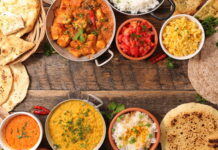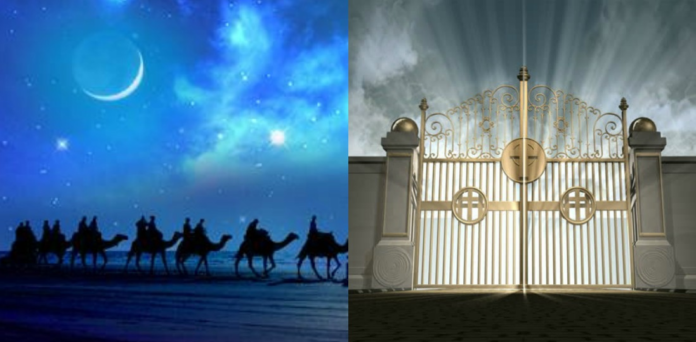When the Islamic calendar was bestowed upon the Muslim Ummah, it did not come without significance importance for a handful of months, which marks special occasions for practicing Muslims around the world. The next line is Sha’ban, which the world and Muslims have come to know as the month of the Holy Prophet Muhammad (PBUH).
There is a host of different reasons why Sha’ban holds so much importance in Islam, why it is anticipated by the Ummah. Let us shed light on some of the most important reasons and how this month can be beneficial for every Muslim. Allah’s beloved Prophet Muhammad (PBUH) said, “Sha’ban is my month, Rajab is Allah’s month and Ramadan is the month of my Ummah [Community]. Sha’ban is an expiator, while Ramadan is the purifier.”
Importance of fasting in the Holy month of Sha’ban
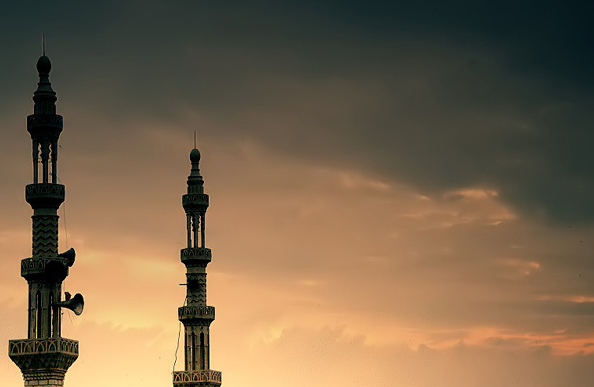
Our Prophet’s wife Hazrat Bibi Aisha (R.A) is reported to have said that Prophet Muhammad (PBUH) used to fast until we would say he was never going to stop fasting, and he would go so long without fasting that we would say he was never going to fast, but I never saw Allah’s Messenger (PBUH) continue a fast from the beginning to the end of any month except the month of Ramadan and I never saw him fast more than in any month other than he did in Sha’ban. So I asked him: “How is it that I always see you fasting in Sha’ban?” and he, Prophet Muhammad (PBUH) said: “O’ Aisha, it is the month in which the angel of death has to note down the name of anyone whose soul he must take before the year is out, so I would rather he did not record my name except while I am fasting.”
Hazrat Aisha (R.A) said: “The dearest of months to Hazrat Muhammad (PBUH) was Sha’ban, which he would link to Ramadan.” [source: Al-hazrat]
Our beloved Holy Prophet Hazrat Muhammad (PBUH) on an occasion said, “Anyone who fasts on the last Monday of Sha’ban will be granted forgiveness.”
The night of absolution, Shab-e-Baraat falls in this month
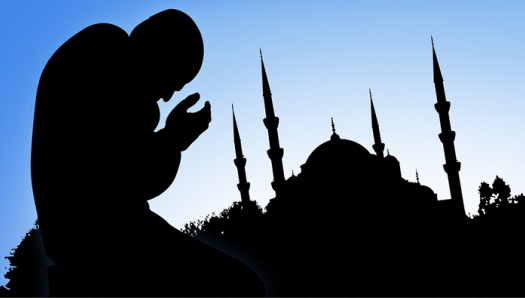
What Muslims have come to know as the night of absolution or Shab-e-Baraat has its own importance in Islam. Shab-e-Baraat literally translates to the night of celebration or the night of freedom from Hell’s Fire, according to one school of thought. The same school of thought believes that according to Surah Ad-Dukhan, the blessed night in the following verse is Shab-e-Baraat.
“Surely, We have sent it (the Holy Qur’an) down on a blessed night. Surely, We are the Warner. In this (night) judgment is given on all matters of wisdom (separately) by Our Command.” (Sura Ad-Dukhan, 44:3-5)
Another statement by Hazrat Bibi Aisha (R.A) quotes the Holy Prophet (PBUH) saying, “Do you know what happens this night?” meaning the middle night of Shaban (that is, Shab-e-Barat). She submitted, “O Allah’s Messenger, what happens in it?” He replied, “In it, the record is made of every human being who will be born, and of every human being who will pass away this year. In it, their deeds are taken up to heaven and in their provisions are sent down.” (Baihaqi)
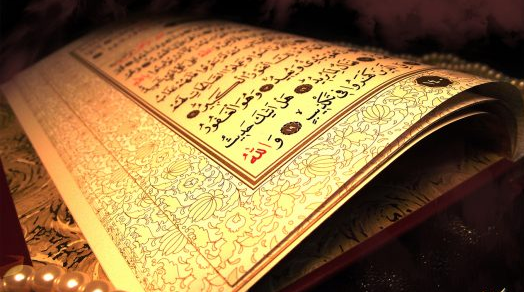
However, even with so many references, other schools of thoughts differ in their opinion. According to some, there is no direct resolve of the night of freedom or no direct context, other than narrations and text were taken out of context. As for the verse referred to in Surah Ad-Dukhan, it is believed that “The night referred to here cannot be a Sha’ban night, because it is said here clearly that the Qur’an was revealed on this night. We know from the Surah al-Qadr (97) that the Qur’an was revealed in the night of Qadr and we also know from the Qur’an (Al-Baqarah 2:185) that the Qur’an was revealed in the month of Ramadan, so it is obvious that the night of the revelation of the Qur’an was in Ramadan, not Sha’ban, and that it was Laylatul Qadr not Shab-e-Barat (or the Sha’ban night).”
Three hundreds gates of Mercy (Jannat) open in the night of mid-Sha’ban
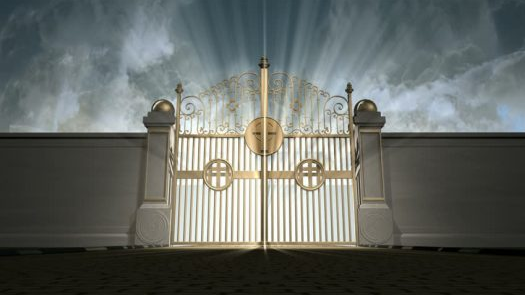
Hadrat Abu Huraira (R.A) reported that Prophet Muhammad (PBUH) said: Hazrat Jibrael came to me on the night of mid-Sha’ban and said to me: “O Prophet of Allah, head heavenwards!” I asked him: “What night is this?” and he replied, “This is the night when Allah Almighty opens three hundred of the gates of mercy, forgiving all who do not make anything His partner. The only exceptions are those who practice sorcery or divination, are addicted to wine, or persist in usury and illicit sex; these He does not forgive until they repent.”
“At a quarter of the night, Hazrat Jibrae came down and said: “O Prophet of Allah, raise your head!” So I looked up, to behold the gates of Paradise wide open. At the first gate, an angel was calling: “Good news for those who bow in worship this night!” At the second gate, an angel was calling: Good news for those who prostrate themselves in worship this night!” At the third gate, an angel was calling: “Good news for those who offer supplication this night!” At the fourth gate, an angel was calling: “Good news for those who make remembrance this night!”
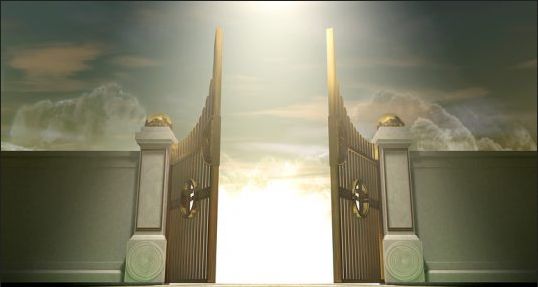
At the fifth gate, an angel was calling: “Good news for those who weep this night from the fear of Allah!” At the sixth gate, an angel was calling:” Good news for those who submit this night!” At the seventh gate, an angel was calling: “Will anyone asks, hat his request may be granted?” At the eighth gate, an angel was calling:” Will anyone seeks forgiveness, that he may be forgiven?” Prophet Muhammad (PBUH) said: “O Jibrael, how long will these gates remain open?” He replied: From the beginning of the night until the break of dawn.” Then he said: “O Prophet of Allah, tonight Allah has as many slaves emancipated from the fire of hell as the number of wooly hairs on the flocks and herds of tribe Kalb.” [Source: Al-hazrat]
Thus, it is evident, that Sha’ban for different reasons holds immense importance in the Islamic calendar. The month links up to Ramadan which is why the Holy Prophet (PBUH) loved it so much. This is the month where followers of Islam gear up and prepares themselves for the month of fasting to come. However, it cannot rule out the importance of fasting in Sha’ban as well, as done by the Holy Prophet Muhammad (PBUH).


























